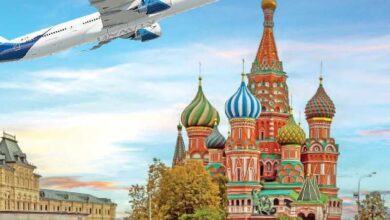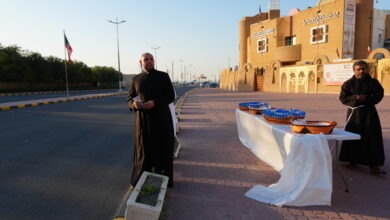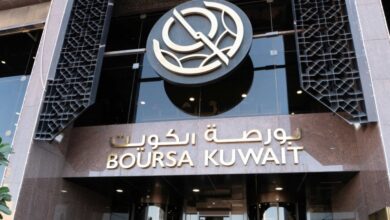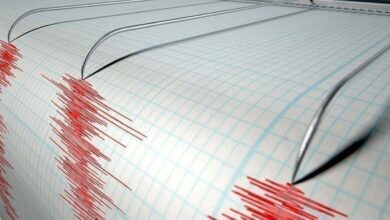Ability of international organizations to contain US tariff impacts
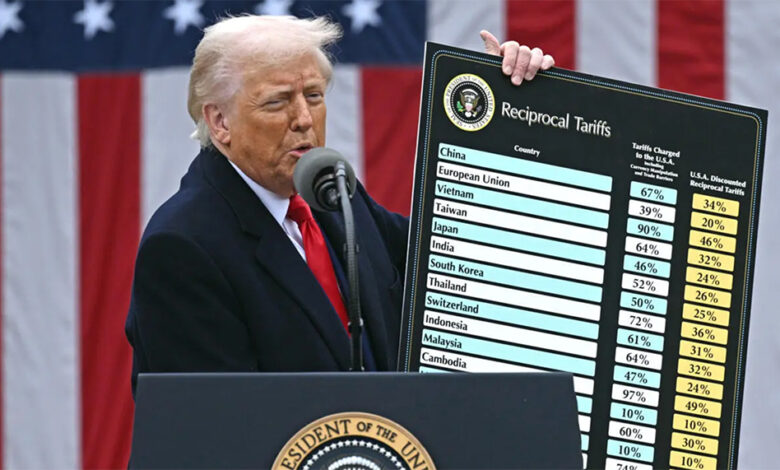
By Tareq Yousef Al Shumaimry
The recent comprehensive additional tariffs announced by US President Donald Trump on imports from 185 countries under the banner ‘Liberation Day’ has instilled fears in the global economy sparking widespread international debate over the legality of the decision and its potential catastrophic effects on global markets.
This crisis has cast a shadow on the vital role of three international organizations that serve as the backbone of the global economic system—the World Bank, the International Monetary Fund (IMF), and the World Trade Organization (WTO).
Since the end of World War II, these organizations have played a crucial role in the post-war era reconstruction and in regulating economic relations between nations.
The World Bank, established in 1944, has played a vital role to help eliminate poverty and achieve sustainable development through funding infrastructure projects in developing countries.
The IMF, also established in 1944, has focused on maintaining global monetary stability by providing financial and advisory support to countries facing economic crises.
Meanwhile, the WTO, founded in 1995 to replace the General Agreement on Tariffs and Trade (GATT), is regulating international trade and resolves trade disputes.
Trump’s recent decision has not gone unnoticed, as the WTO quickly moved to assess the legality of the US move, especially after China filed an official complaint, claiming that the decision violated fair trade rules and threatened the principle of free exchange that the organization was founded to protect.

At the same time, the IMF Managing Director Kristalina Georgieva has warned of “significant risks” to global economic stability, particularly given the global slowdown and rising debt levels.
While the World Bank has refrained from direct commentary, the analysts suggest that the rise in tariffs will negatively impact developing nations that rely on exports, thus complicating the Bank’s mission to achieve developmental goals.
From a legal point of view, Trump’s actions may violate WTO agreements, especially if the tariffs are not justified by national security or public health concerns—exceptions that the WTO permits for imposing trade restrictions.
However, the deeper issue lies in whether these institutions can effectively enforce their decisions or put pressure on the US—the world’s most powerful economic and political player, which is also a key contributor to these organizations.
The WTO can review complaints and take legal decisions against the US, but it lacks the executive power to force Washington to comply. The IMF can exert political and economic pressure through its reports and its status as a global economic advisor.

The World Bank’s role in this issue is relatively limited, but it may reassess its funding priorities for countries affected by these measures.
It seems the world is now facing a new test of the credibility of the global economic system and the ability of its organizations to regulate the behavior of major powers.
Trump’s decision to raise tariffs on 185 countries not only challenges trade but also mutilates multilateral cooperation upon which international institutions were built after World War II.
Now the experts ask: Can these three institutions restore balance and protect the global economy from the waves of this decision? Or will the US move create a long-term rift in the structure of international trade? Only time will tell, but it is certain that the role of these institutions has become more crucial than ever.
In this context, reports from the Organization for Economic Co-operation and Development (OECD) suggest that such policies could lead to a sharp global growth decline of up to 1.4 percent over the next two years if not addressed diplomatically.
The OECD warns that the ‘America First’ US policies could expose the global economy to sharp fluctuations in supply chains and trade, raising the cost of living and weakening competitiveness, especially for emerging and middle economies.
Meanwhile, the International Chamber of Commerce (ICC) has issued a statement expressing “deep concern” over the US tariff decisions, calling them “a violation of the spirit of the global trading system based on openness and cooperation.” The ICC has called on governments and international organizations to take “collective and coordinated” actions in response to any unilateral decisions that threaten trade stability. The ICC also urged reopening dialogue channels between Washington and affected nations to prevent further trade escalation.

In light of this, the IMF has begun coordinating with several countries impacted by the US decision to conduct urgent assessments of its effect on their balance of payments, particularly those heavily reliant on exports to the US market.
Reuters reported that IMF experts are working on providing an ‘emergency’ package of recommendations, including technical support and temporary financial assistance for some emerging economies, to mitigate the impact of the decision and prevent the crisis from widening.
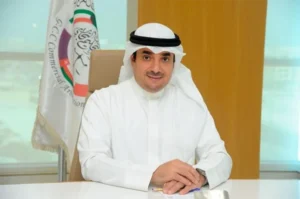
Tareq Yousef AlShumaimry, served as Chairman of the Finance Committee and Chairman of the General Budget Committee of the Permanent Court of Arbitration in The Hague (PCA) and an observer in the Administrative Council of the Court and the Consular at International Court of Justice (ICJ) and the Embassy of the State of Kuwait in the Netherlands during this period from 2013 to 2020. Email: tareq@alshumaimry.com







